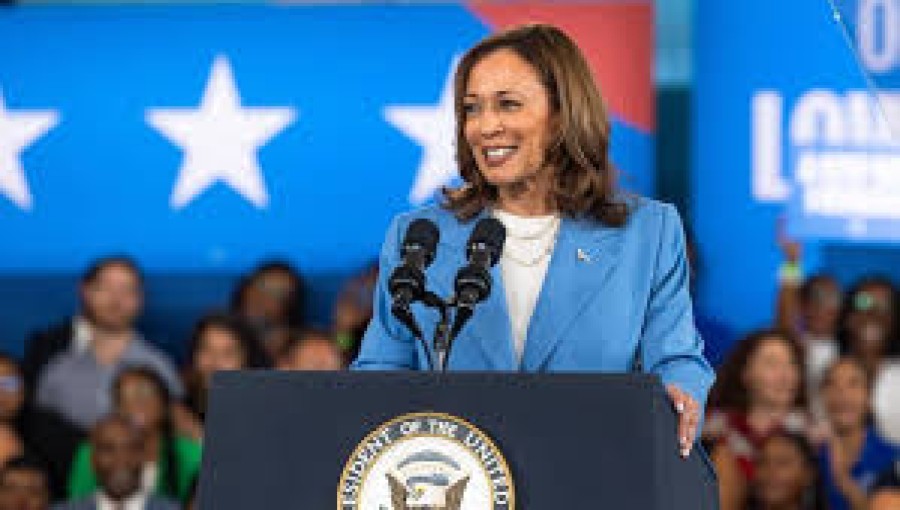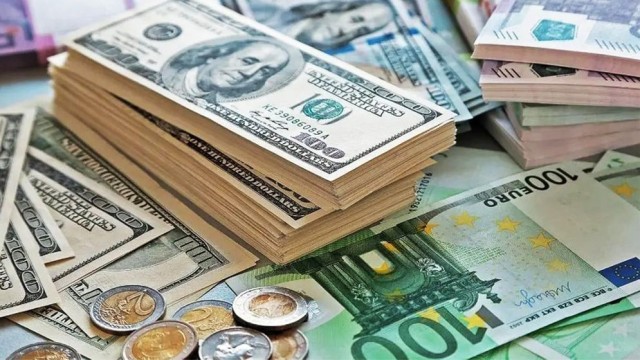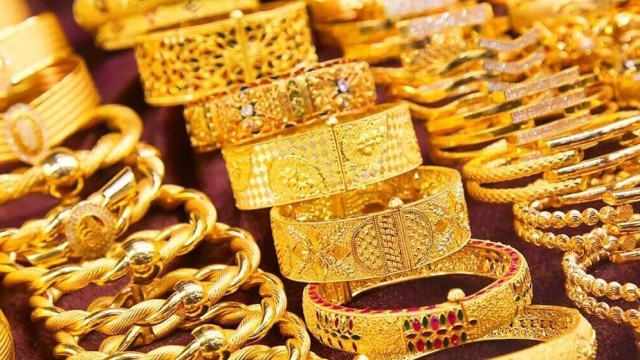Sept 24, V7N- More than 400 economists and former high-ranking US officials have publicly endorsed Vice President Kamala Harris and her economic vision, as reported in a document obtained by CNN. This significant endorsement comes as Harris aims to narrow the economic lead held by former President Donald Trump, a crucial issue for many voters in the upcoming election.
The support for Harris primarily stems from left-leaning economists and Democratic officials, including prominent figures such as Brian Deese, Jason Furman, Bill Daley, and Penny Pritzker from the Obama administration, as well as Robert Reich and Alan Blinder from the Clinton era. The endorsement document emphasizes a stark choice in the election: it contrasts "failed trickle-down economic policies" that benefit a select few with Harris's approach, which seeks to create opportunities for everyone.
Both candidates are scheduled to deliver speeches this week outlining their differing economic strategies. Trump will present his tax plan in Georgia, a state he lost in the 2020 election, while Harris will introduce her "opportunity economy" policies in Pennsylvania, another critical battleground.
While a few endorsers have ties to Republican administrations, such as Sean O’Keefe, most of the support for Harris comes from those with Democratic affiliations. Notable economists backing her include Justin Wolfers from the University of Michigan and Claudia Goldin, who received a Nobel Prize for her research on women's labor participation and wage disparities.
The endorsement asserts that with Harris in the White House, Americans can trust that she will strive to build a robust, pro-growth economy that benefits all citizens. It highlights her track record as vice president in efforts to reduce costs, cut taxes, and increase wages.
Additionally, several influential Democrats, including former Treasury secretaries Larry Summers and Robert Rubin, have endorsed Harris, joining a broader coalition of business leaders like Mark Cuban and James Murdoch.
Trump has been vocal about his economic plans, claiming he can revive the pre-COVID economic success if re-elected. He has garnered support from significant business figures, including hedge fund billionaire Bill Ackman, venture capitalist Peter Thiel, and Elon Musk, CEO of Tesla.
To address rising living costs, Trump has promised to reduce taxes, eliminate regulatory burdens, enhance energy production, and implement extensive tariffs. However, some economists caution that these tariffs and his immigration policies could lead to increased prices.
The endorsement document warns that Trump's proposed policies could reignite inflation and jeopardize the US's economic stability and global standing. It cites predictions from nonpartisan researchers that his agenda could result in lower GDP growth and higher unemployment rates.
Harris is also making efforts to strengthen her ties with the business community. Recently, she spoke with Jamie Dimon, CEO of JPMorgan Chase, who has characterized her as reasonable and open to collaboration between government and the private sector.
Despite a competitive race between Trump and Harris, a straw poll conducted among business leaders by Yale professor Jeffrey Sonnenfeld revealed that 80% expect Harris to win, even though only about one-third of those surveyed identify as Democrats. While this poll may not reflect the views of all CEOs, it indicates the sentiment among influential figures regarding the upcoming election.
END/BUS/RH/






























Comment: